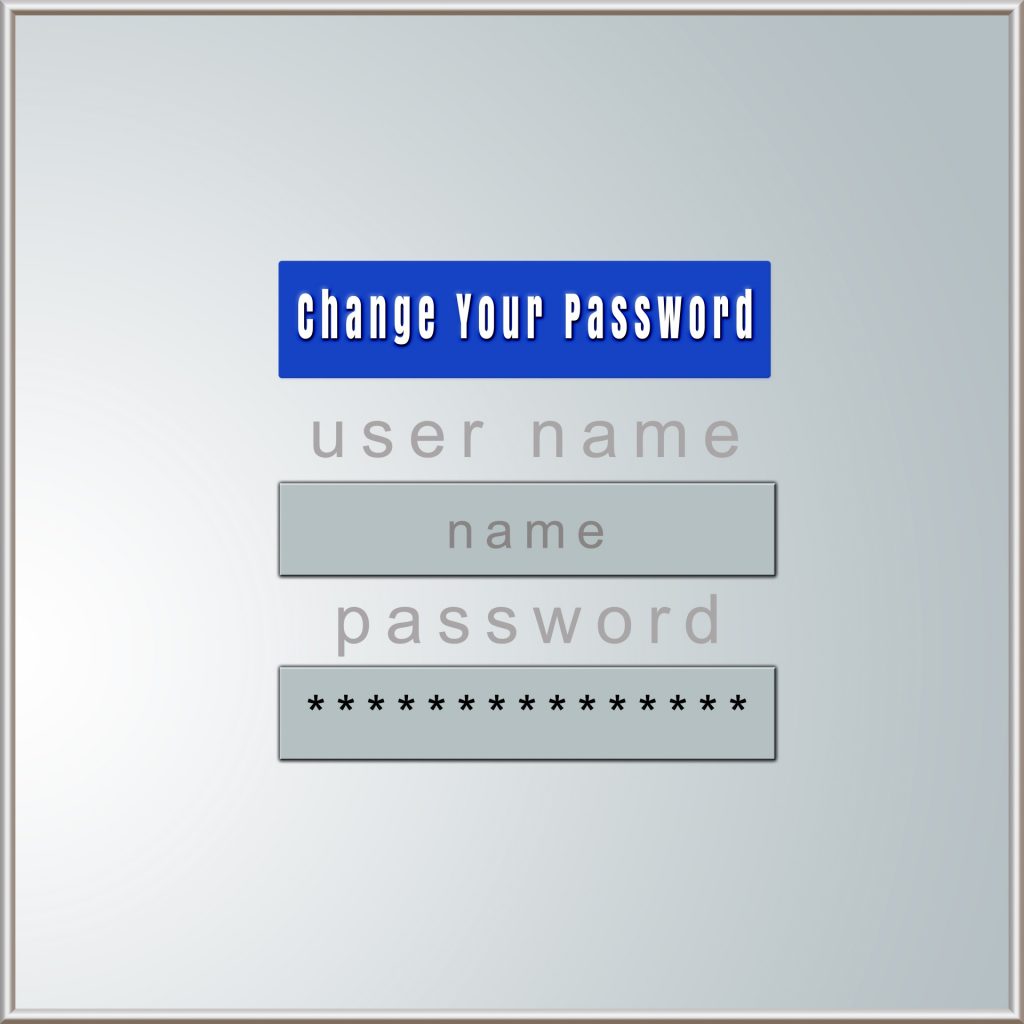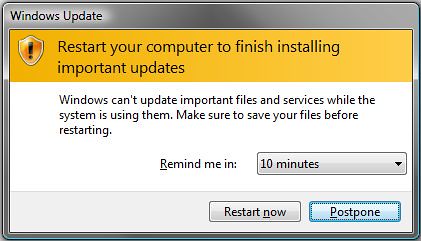1. Leaving documents on your desk
You may be leaving these out so that you remember to work on them in the morning however this is not recommended. It can leave you vulnerable to theft and at risk of information being misused. The best thing to do is to have a secure locker or drawer to put any documents you are currently using. When they are no longer needed don’t forget to use your secure shredding services.
2. Using passwords that are too easy to guess.

It can be difficult to remember all these passwords however using the same password for everything or using very basic passwords can be detrimental to the security of you and your business. Try to use a password which consists of at least 9 characters and combines upper case, lower case, numbers and symbols. Avoid writing passwords down anywhere as these can easily be misplaced and fall into the wrong hands. I use a password manager because I just can’t remember them all off the top of my head.
3. Throwing out old mobile devices or laptops.
Even if you format your device the information can still be recoverable. These must not be disposed of incorrectly. You may need to use a hard drive destruction service or a digital data destruction service.
4. Delaying updates

I find I am always asked to do updates at the wrong time. It is always when I’m busy or engaged in something on my computer or phone that I am asked to do them. Regularly I am guilty of postponing these updates for any length of time. This is risky in both a personal and professional setting. When your device needs an update it is most often an update that deals with any security issues or threats. It is important to keep things up to date so you are protected to the utmost degree on your digital devices.
5. Opening Email attachments from unrecognised sources
Sometimes these look like emails from legitimate sources and they may be attempting to trick you with a phishing scam. Recently I received one to my personal email about my Netflix payment not going through and could I please resubmit my payment information. My Netflix was due at that time and had I not been aware of what to watch out for I may have fallen victim to it. Usually the email address will give them away and won’t have the expected domain name of the business. They will often have spelling mistakes somewhere in the email or in the link if you happen to click on it before realising what it is. Only open attachments you are expecting and from sources you recognise.
6. Throwing documents into the recycling bin or rubbish bin

If you do not dispose of your paper documents correctly, you are creating a massive breach in the security of your company. Recycling waste and rubbish are easily accessible to anyone. Information can be pieced together that can be dangerous for your business. It is also against the General Data Protection Regulation (GDPR) to dispose of this data incorrectly.
Specialising in secure confidential document shredding services with a reputation for exceptional security, customer service. Delivering value for money and the utilisation of leading technology compliant to the highest security standards within the industry.
